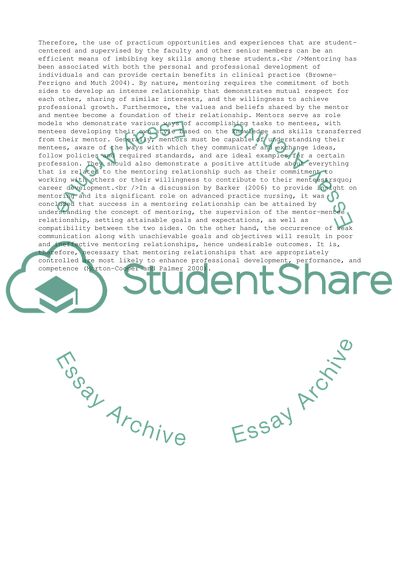Cite this document
(Personal and Professional Development as a Mentor Term Paper, n.d.)
Personal and Professional Development as a Mentor Term Paper. https://studentshare.org/management/1747697-personal-and-profesional-development-as-a-mentor
Personal and Professional Development as a Mentor Term Paper. https://studentshare.org/management/1747697-personal-and-profesional-development-as-a-mentor
(Personal and Professional Development As a Mentor Term Paper)
Personal and Professional Development As a Mentor Term Paper. https://studentshare.org/management/1747697-personal-and-profesional-development-as-a-mentor.
Personal and Professional Development As a Mentor Term Paper. https://studentshare.org/management/1747697-personal-and-profesional-development-as-a-mentor.
“Personal and Professional Development As a Mentor Term Paper”. https://studentshare.org/management/1747697-personal-and-profesional-development-as-a-mentor.


